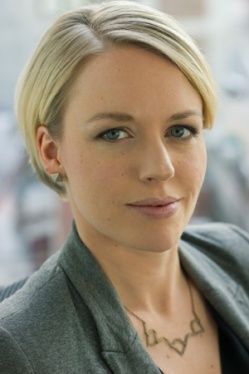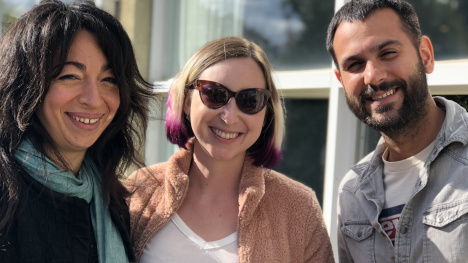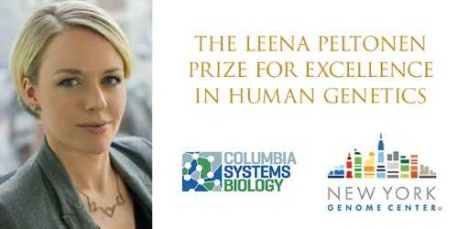Tuuli Lappalainen
Titles
Adjunct Associate Professor of Systems Biology
Website
Tuuli Lappalainen is an Assistant Professor in the Department of Systems Biology at Columbia University and a Junior Investigator and Core Member at the New York Genome Center.
Her research focuses on functional genetic variation in human populations and its contribution to traits and diseases. The work of her research group, physically located at New York Genome Center in lower Manhattan, links computational and population genomics to experimental molecular biology. While their individual projects may focus on specific diseases, the overall goal is to uncover general rules of the genomic sources of human variation. She also seeks to push the discoveries and methods from her research projects further towards clinical applications.
Tuuli received her PhD from University of Helsinki, Finland in 2009, followed by postdoctoral research at University of Geneva, Switzerland and Stanford University. She has pioneered the integration of large-scale genome and transcriptome sequencing data to understand how genetic variation affects gene expression, providing insight to cellular mechanisms underlying genetic risk for disease. She has made an important contribution to several international research consortia in human genomics, including the 1000 Genomes Project and the Genotype Tissue Expression (GTEx) Project , and led the RNA-sequencing work of the Geuvadis Consortium . GenomeWeb profiled her in their 2013 feature on promising young investigators.





